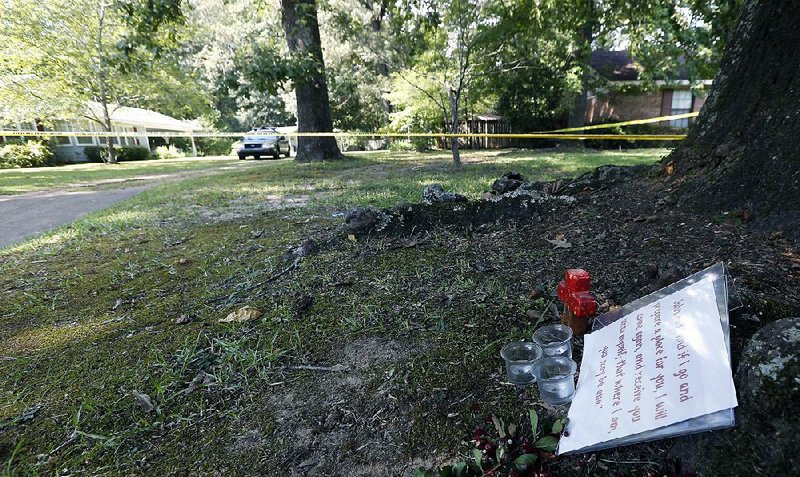LEXINGTON, Miss. -- In the poverty-stricken Mississippi county where two nuns were slain, forgiveness for their killer is hard to find, even if forgiveness is what the victims would have wanted.
Sisters Margaret Held and Paula Merrill were nurse practitioners who dedicated their lives to providing health care to people in the poorest county in the state. And as authorities search for the killer, many residents wonder how they will fill the hole the women's deaths has left.
"Right now, I don't see no forgiveness on my heart," said Joe Morgan Jr., a 58-year-old former factory worker who has diabetes and was a patient of Merrill's at the clinic where the two nuns worked.
He said Merrill would want him to forgive whoever killed the women, but he hopes the perpetrator is arrested, convicted and executed.
"She doesn't deserve to die like this, doing God's work," Morgan said, shaking his head. "There's something wrong with the world."
The women, both 68, were found dead at their home Thursday morning after they failed to show up for work at the clinic, where they gave flu shots, dispensed insulin and provided other medical care for children and adults who couldn't afford it.
Their stolen car was found abandoned a mile from their home, and there were signs of a break-in, but police haven't disclosed a motive.
Authorities have not said how the women were killed, but the Rev. Greg Plata of St. Thomas Catholic Church in Lexington, where the nuns had led Bible study for years, said police told him they were stabbed.
The state posted a reward of $20,000 for information leading to an arrest and conviction.
Plata said both nuns' religious communities have asked that people pray for the killer or killers. Asked about people's struggles to forgive, the priest said: "Forgiveness is at the heart of being a Christian. Look at Jesus on the cross: 'Father, forgive them for they know not what they do.'"
On Friday, a handwritten sign on the front door of Lexington Medical Clinic said it was closed until Monday.
The clinic and the nuns' home in Durant are in Holmes County, population 18,000. With 44 percent of its residents living in poverty, Holmes is the seventh-poorest county in America, according to the Census Bureau.
The slayings did more than shock people and plunge the county into mourning. They leave a gaping hole in what was already a strapped health care system.
Dr. Elias Abboud, who worked with the sisters for years and helped build the clinic, said the clinic provided about 25 percent of all medical care in the county.
The two nuns cultivated relationships with drug company representatives, who often left extra free samples, according to clinic manager Lisa Dew.
"This is a poor area, and they dignified those who are poor with outreach and respect for them," Plata said. "They treated each person as a child of God."
Merrill's sister Rosemarie, speaking by telephone from her Stoneham, Mass., home, said her sister had been in Mississippi helping the poor since 1981 and had previously worked in Holly Springs, Miss., where she used to ride around on a moped and was instrumental in locating the source of a tuberculosis outbreak.
Merrill was raised in the suburbs of Boston and came from a working-class family, her father a laborer and her mother a bookkeeper, her nephew David said. He said his aunt had worked with Held for many years.
"We always considered Margaret just part of the family," he said. "The word 'sister' has many meanings, and they fulfilled all of them."
Rosemarie Merrill said she doesn't know what will happen to the clinic now and worries about the effect on health care in Holmes County. She said her sister and Held would often go into the clinic on Sundays after Mass or on their days off.
"It's just going to be a disaster," she said.
Genette Pierce, who works at a home health and hospice business a few doors down from the clinic, said: "Their patients -- all of them -- they're going to be lost without them right now."
Information for this article was contributed by Rebecca Santana of The Associated Press.
A Section on 08/27/2016

